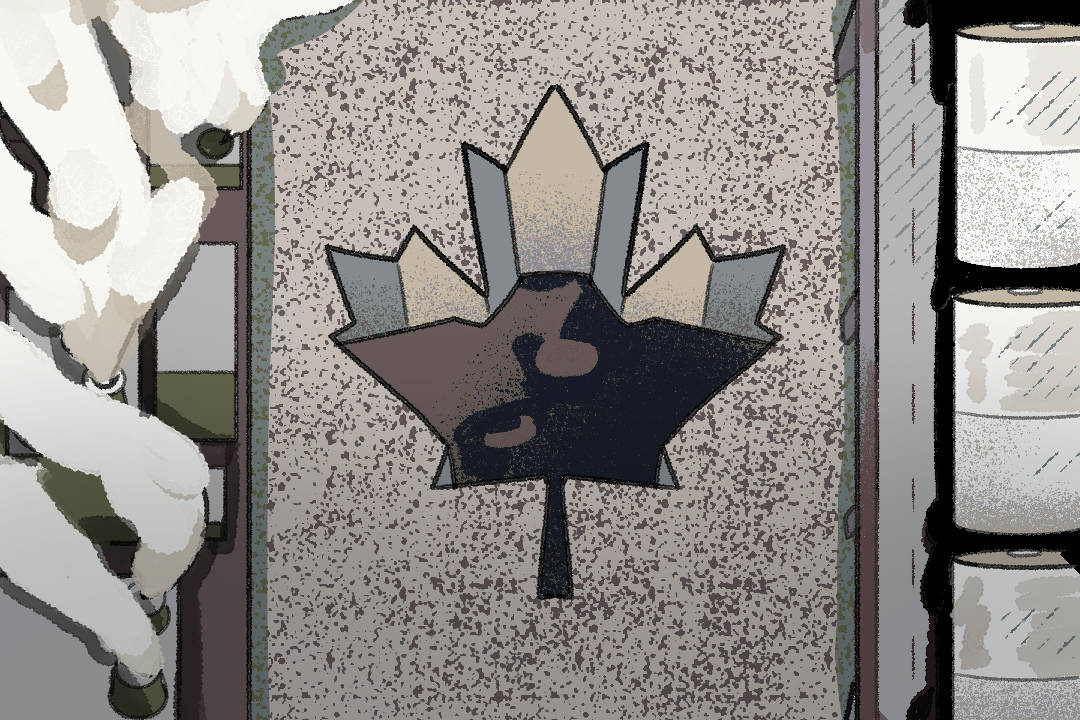The United Nations (UN) held its Climate Ambition Summit on September 20, inviting countries whose leaders have been proactive in creating plans and policies to battle the climate crisis. When Prime Minister Justin Trudeau was invited to speak, UN Under-Secretary-General for Global Communications Melissa Fleming noted that “Canada was one of the largest expanders of fossil fuels last year.”
Trudeau’s response to Fleming was optimistic, yet since the Summit, the government continues to show a lack of proactiveness. I am dismayed that, once again, the federal government has failed to deliver on climate action promises.
Perspectives at the Summit
In his address to the Summit, Trudeau claimed that his government will be announcing a “framework to cap emissions from the oil and gas sector,” while it “[keeps] investing in the technology that will support people’s jobs for years to come.”
Minister of Environment and Climate Change Steven Guilbeault wasted no time patting the Canadian government on the back just for this promise, and for the fact that they were invited by the UN to speak at the Summit at all, considering that the US and China were not. After the Summit, Guilbeault said, “I think if we were to ask the question if Canada would have been here 10 years ago under a Stephen Harper government, the answer is, obviously, no… We’re also the only large oil and gas producer who has committed to put in place a cap on the oil and gas sector.”
Guilbeault spent most of his career as an activist and claims to have joined the Liberal Party to make change, despite not agreeing with all their policies. Yet, I find it difficult to ignore the partisan and boasting nature of these statements.
While Trudeau and Guilbeault offered placating promises on the world stage, climate activists who were present at the Summit were skeptical, and rightfully so. A report released by the Pembina Institute on September 14 stated that Canadian oil sands companies are on track to have their second-highest profits in a decade this year, but that these companies are making no significant moves to invest in reducing emissions and energy transition.
Julia Levin, associate director of the environmental organization Environmental Defence, called on Trudeau to be more proactive in mandating companies to work towards emission reduction and energy transmission. In an email to CBC, she wrote, “Real leadership means holding oil and gas companies accountable for the damage and destruction they are causing… It means finalizing the rules to cap and cut oil and gas emissions and ending all government support for the industry, while planning for a just transition off of fossil fuels.”
What now?
I find it disappointing, yet not surprising, that since the Summit, the federal government seems to still fall behind on its promises to cap oil and gas emissions and divest from fossil fuels.
An article released by Canada’s National Observer on October 26 revealed that Canada’s planned fossil fuel production represents 10 per cent of the world’s expansion plans. We are now on course to become the second-largest fossil fuel expander by 2050, behind the United States, and the International Energy Agency (IEA) estimates that these fossil fuel expansion efforts will peak this decade.
Guilbeault promised an end to fossil fuel subsidies by this year and released a plan for this goal in July. Still, this fails to address what the majority of the federal government’s support for the fossil fuel industry is: crown corporations. These are commercial entities created and owned by the government to provide services it deems necessary for national interest that are not being fulfilled by the private sector, and include corporations directly within the fossil fuel sector. Environmental Defence reported that the crown corporation Export Development Canada alone contributed $19 billion to fossil fuel financing in 2022.
Most of the federal government’s support for crown corporations in the fossil fuel sector comes from commercially viable loans: credit given to companies to support commercial activities such as acquiring property and equipment. These are not considered fossil fuel subsidies under the current framework, so, once again, the biggest contributors to Canada’s fossil fuel use are left alone by the federal government to continue worsening the climate crisis as they please.
Guilbeault has stated that the government will announce a plan on identifying and phasing out remaining subsidies in 2024, but whether this will actually happen as scheduled remains to be seen.
While the federal government applauds itself for being allowed a platform on the world climate stage, I see their progress to be crawling at best. With the IEA reporting that renewable energy will make up half of global electricity production and that electric heating technologies will outsell fossil fuel boilers globally by 2030, caps on the oil and gas sector need to come faster if Canada wishes to remain a major player in climate change action.
In the meantime, the prospects of seeing a change from Trudeau’s promises to cap emissions and divest from fossil fuels at the Climate Ambition Summit remain low, and I, for one, remain skeptical about them being fulfilled anytime soon.
Urooba Shaikh is a third-year student at UTSC studying molecular biology, immunology, and disease. She is a Climate Crisis columnist for The Varsity’s Comment section.



No comments to display.